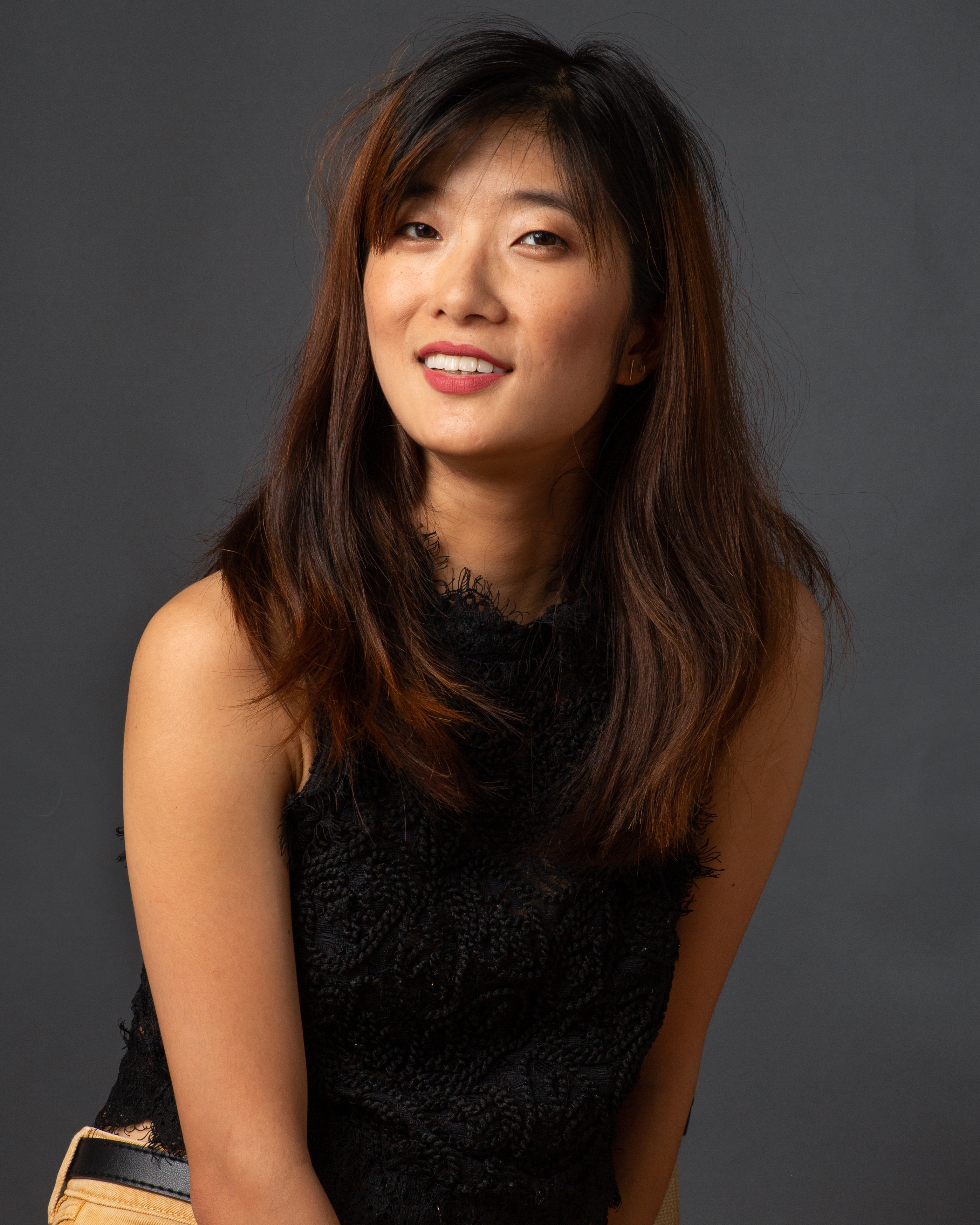ISSN: 1941-4137
POETRY THAT ENACTS THE ARTISTIC AND CREATIVE PURITY OF GLASS
POETRY THAT ENACTS THE ARTISTIC AND CREATIVE PURITY OF GLASS

Angela F. Qian is a writer and translator. Her work has appeared in or is forthcoming from The Common, Hyphen, Lit Hub, Gay, The Florida Review and other publications. She co-curated The Sweet & Sour Readings in New York City.
Dispatch from Hiroshima
Not knowing what we would see when we looked over the edge,
we took the bus to Hiroshima.
Light blue when we got to the harbor,
The sea swelling softly with the word tanin, stranger.
The bus driver stepped sideways,
the sky pressed a finger to indicate quiet.
We stood on the dock looking at boats.
Today history defies again any attempts at order:
The clock tells cakes and silver utensils.
There is no use for questioning.
What questions then can we ask?
From our cafe seats we see the blasted dome.
Also yellow primroses and stands of trees.
Through the park the bell tolled once, twice,
the still water rippled, the lotuses stirred, and
the world continued refusing to make itself known to us.
The interpretation of prophets has been
dwindled to science,
the language of omens is no longer ours.
In the signs we looked for,
we could signify nothing:
The forks all laid down,
the last bus pulling in.
A single boat out from harbor,
An instant's struck flame.
I visited Hiroshima early in 2017, when I was living in Japan. It was one of my favorite trips: I remember peaceful streets, delicious food, and eating soft momiji cakes in an empty tea house near the floating shrine while it rained. I also remember Hiroshima Peace Memorial Park, which was too quiet, too beautiful, to the point of being awful. As someone with complicated feelings about nationality, I was surprised to feel deep and immediate shame from being an American. At the same time, I couldn’t forget the Japanese militarism my grandparents in China fought against. I had just finished reading Ian Buruma’s Wages of Guilt, and I’d learned the “rabbit island” near Hiroshima used to be a secret toxic gas factory during WWII. In the physical place of all that real history, everything I’d studied and read felt inadequate and my most immediate reaction was silence.
Glass: A Journal of Poetry is published monthly by Glass Poetry Press.
All contents © the author.
All contents © the author.





